This is the second of a two part series on publishing before the Internet. You can read Part I here.
I first went to work in publishing five decades ago. It was a move I made consciously in order to understand the inner workings of what was then called Harper and Row (now HarperCollins) because I wanted them to publish my work. I started out as an editorial assistant in the department headed by the legendary Ursula Nordstrom who was a brilliant editor and an author herself. UN, as she was known in the office, took chances on unknown authors such as Maurice Sendak and risky ones like Shel Silverstein. A collection of her letters entitled Dear Genius, edited and annotated by the children’s book historian Leonard Marcus, is a book worth reading for a look back at the way an editor can honor a writer’s work while making suggestions that will improve it. UN knew better than anyone how to get the best work out of a writer.
I’ve just finished reading The Editor by Sara B. Franklin which details the remarkable life of Judith Jones who worked with writers as varied as Julia Childs, John Updike and Anne Tyler. Although her boss at the time did not acknowledge Jones’ discovery, she is finally credited with rescuing The Diary of Anne Frank from the rejection pile. Jones was what has now become a rare bird in book publishing… an editor, like UN, who read carefully, made suggestions for improvements to a manuscript while always acknowledging that the writer was the one who had the final say.
Publishing has changed dramatically since those days. Publishers have consolidated and many of the largest in the US are owned by companies in France, Germany and the UK. Amazon dominates the book selling market and introduced the concept of self-publishing so the number of books published every year has exploded. Authors are often called “content providers,” a chilling term to someone who has lived through the glory days of the industry.
Some examples. I used to get letters acknowledging receipt of my manuscript and written rejection letters when it was turned down.I always received copies of my reviews, both good and bad, from outlets large and small. Reviews were not written by ordinary readers logging on to a website (when I started back in the 1970s, the internet didn’t exist yet, at least for everyday citizens) but by critics in mainstream media outlets. If my book was picked up for a foreign edition or a book club, I got a phone call or at the very least, a letter and later, an email informing me of the rights sale and the terms of the license. When I published a novel, I often received one leather bound edition from the publisher as a present.
One of my publishers gave me the original jacket art from my best-selling children’s book
and another, with the blessing of the illustrator, two pieces of inside art from a picture book.
But the best present of all I found recently in a bureau drawer.
Everybody at Harper Junior Books knew of my affection for Harriet the Spy by Louise Fitzhugh. (You can read about the influence that book had on my own writing in this essay I wrote for the 50th Anniversary edition of the novel.) So they gave me a small silver notebook of my own, a place to keep my secrets, the ones that would feed my stories.
They inscribed the back with the date of my departure and HJB for Harper Junior Books.
Afterwards, when I got home, I added the one line I will always remember from Harriet the Spy.
As Harriet’s nanny Ole Golly, tells her young charge: “Gone is gone. Don’t try to hold on to people or lie down in your memories. Make stories from them.”
Sadly, I tell myself the same about the good old days of publishing. Gone is gone.
But I am still making stories.
Housekeeping: I love to hear from my readers. To leave a comment that will show up for others to see, you have to log on to the Substack app which is free. But even if you don’t, your comment will reach me by email and lift my spirits.

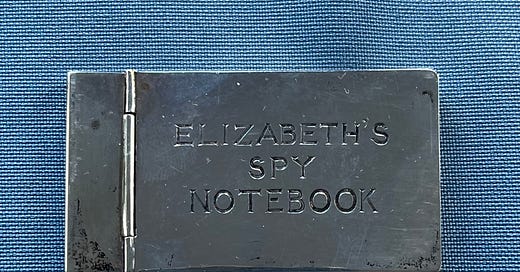


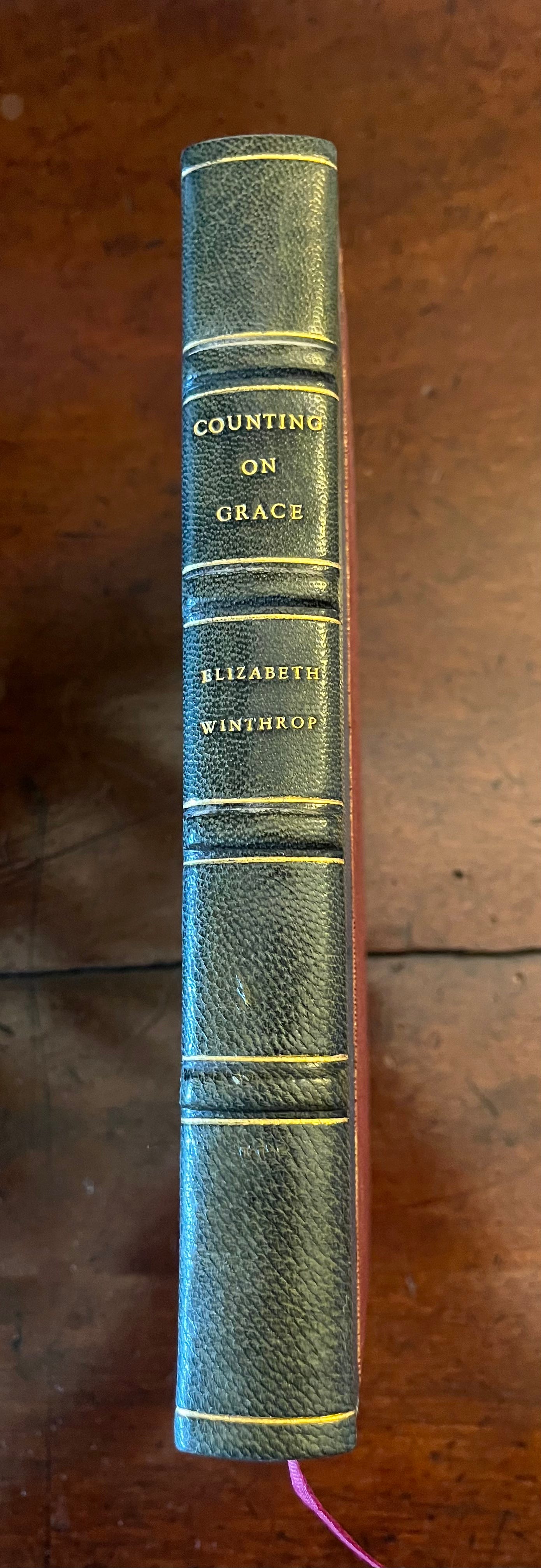
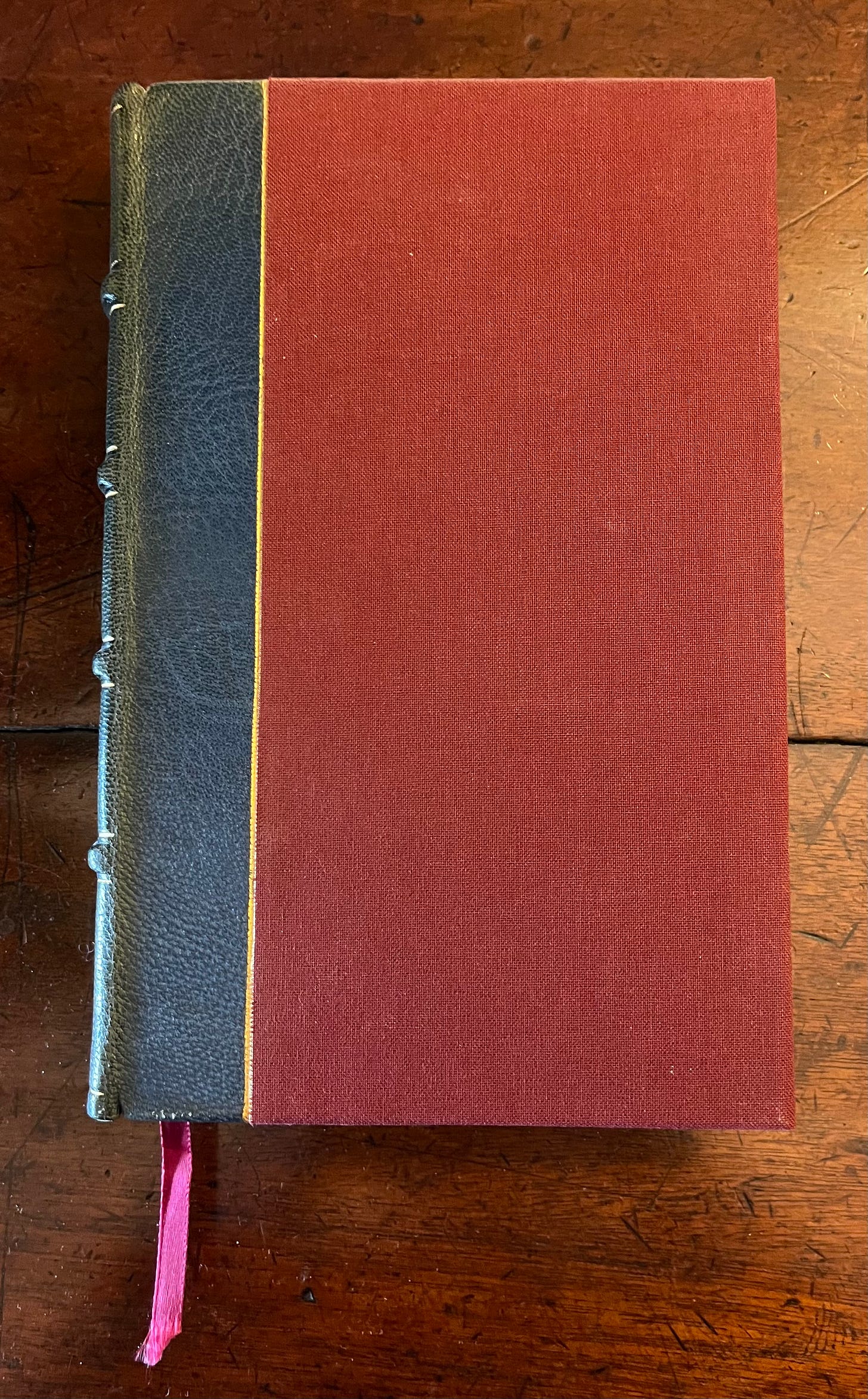
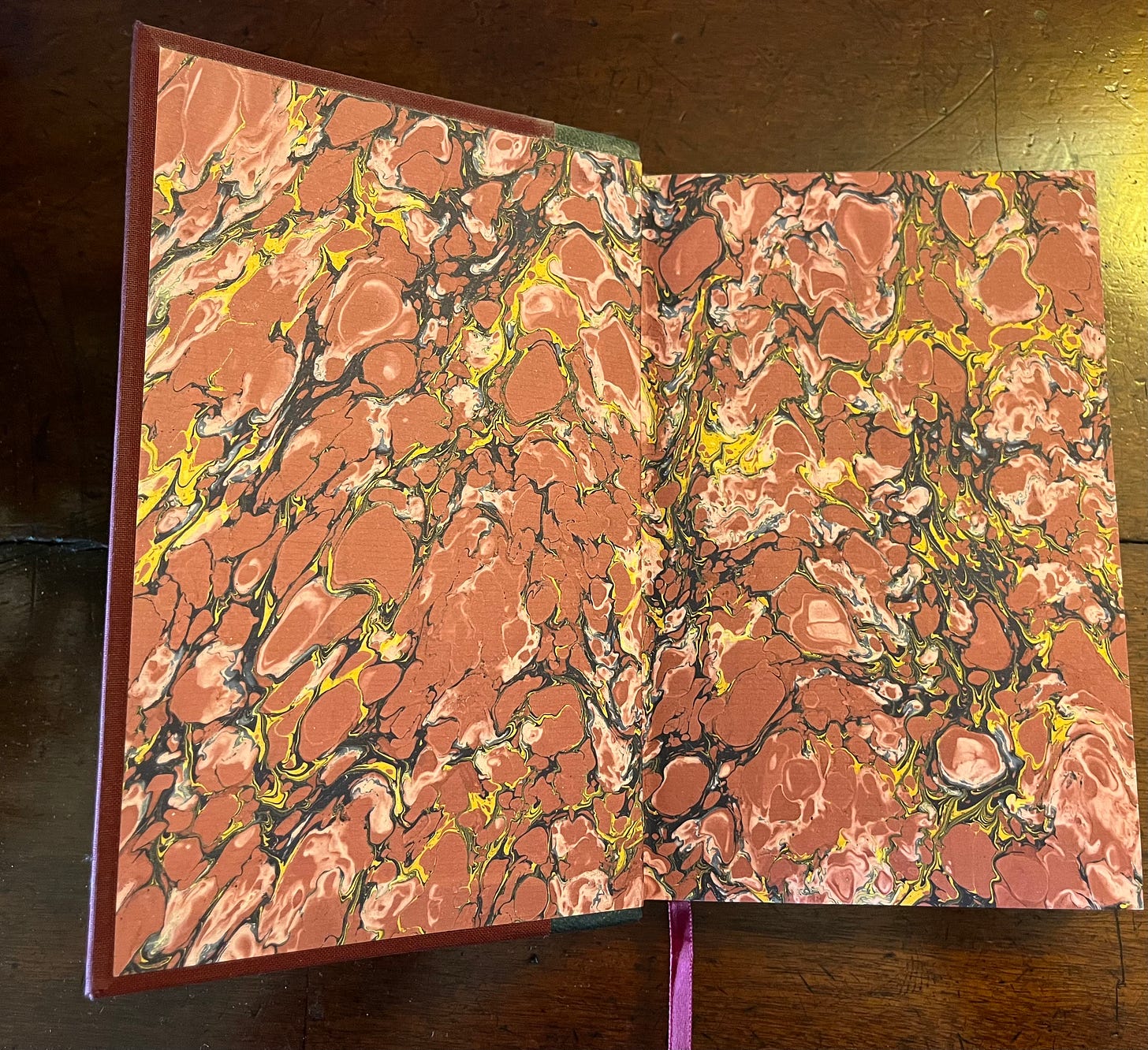
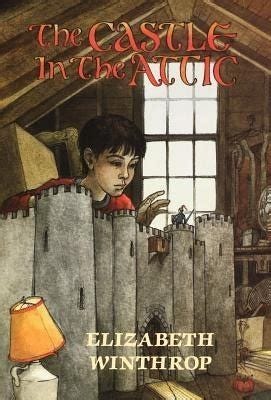
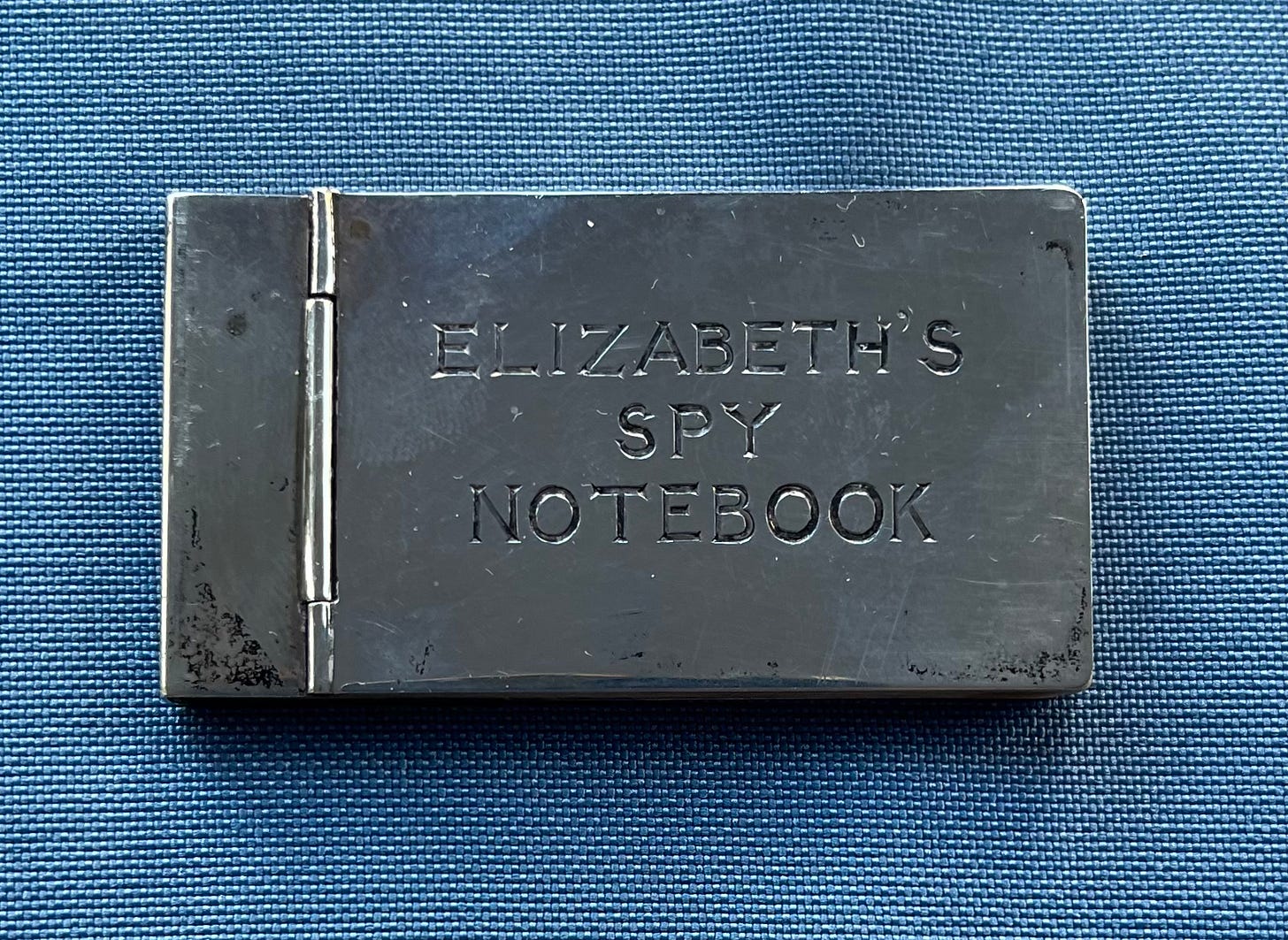
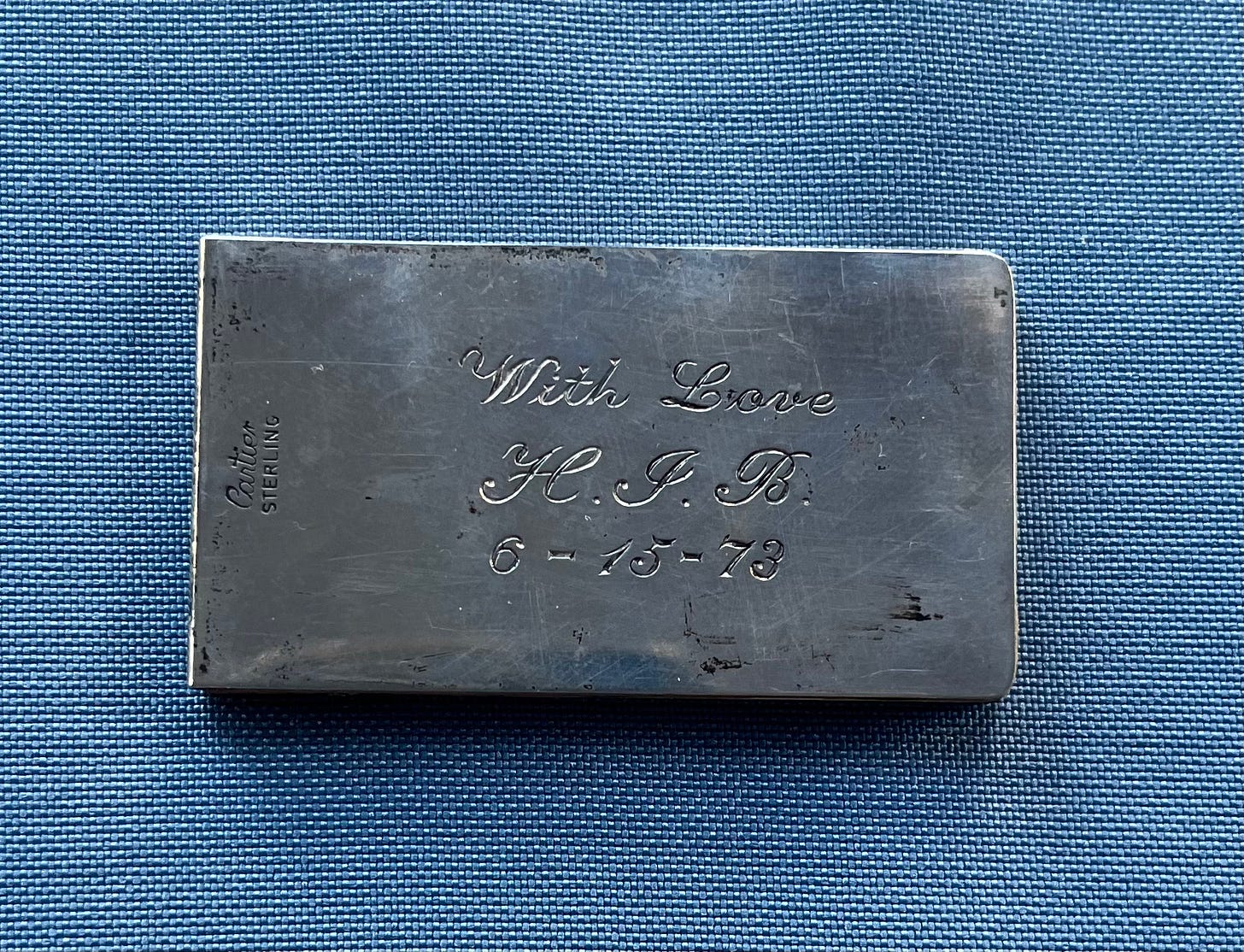
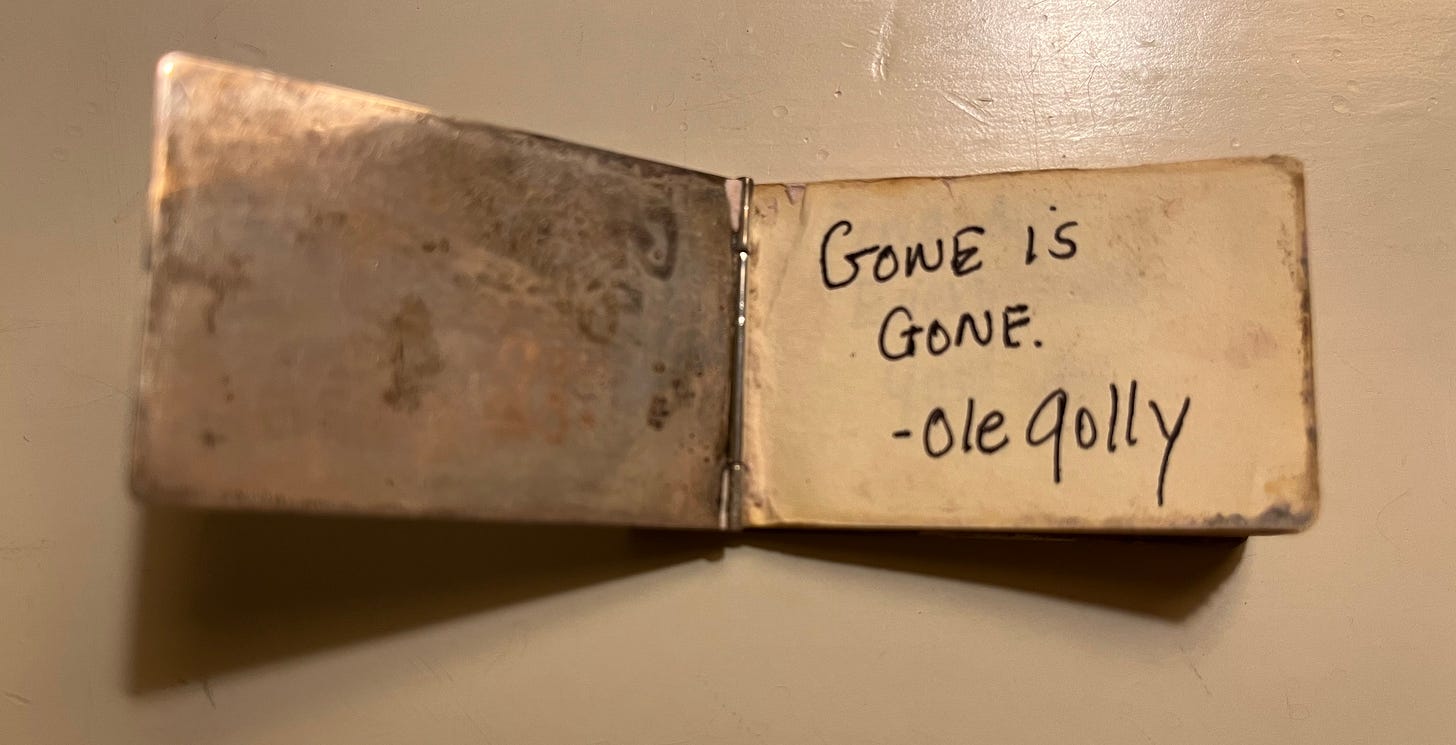
Elizabeth, enjoyed reading about your time in publishing past. Reminds me of the days when AT&T held the phone monopoly in the US. I think publishing has become more democratic, more open. For better or worse in terms of storytelling. For worse perhaps in new talent getting noticed and an over-reliance on old. For better in terms of word of mouth as to book recommendations.
Oh, the good old days... We are fortunate to have had them, and I am sorry that younger writers do not. I remember when publishers actually took me out to lunch!